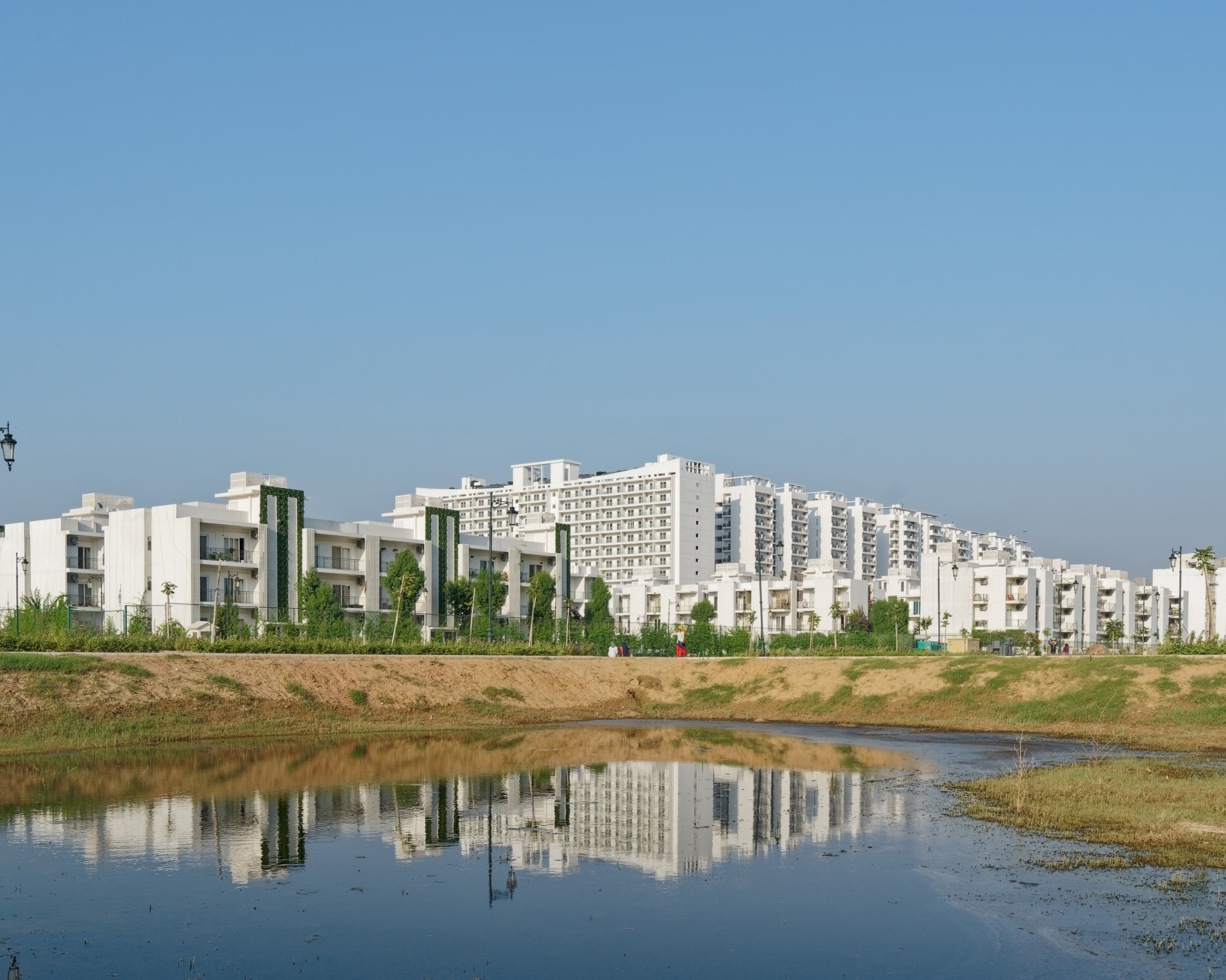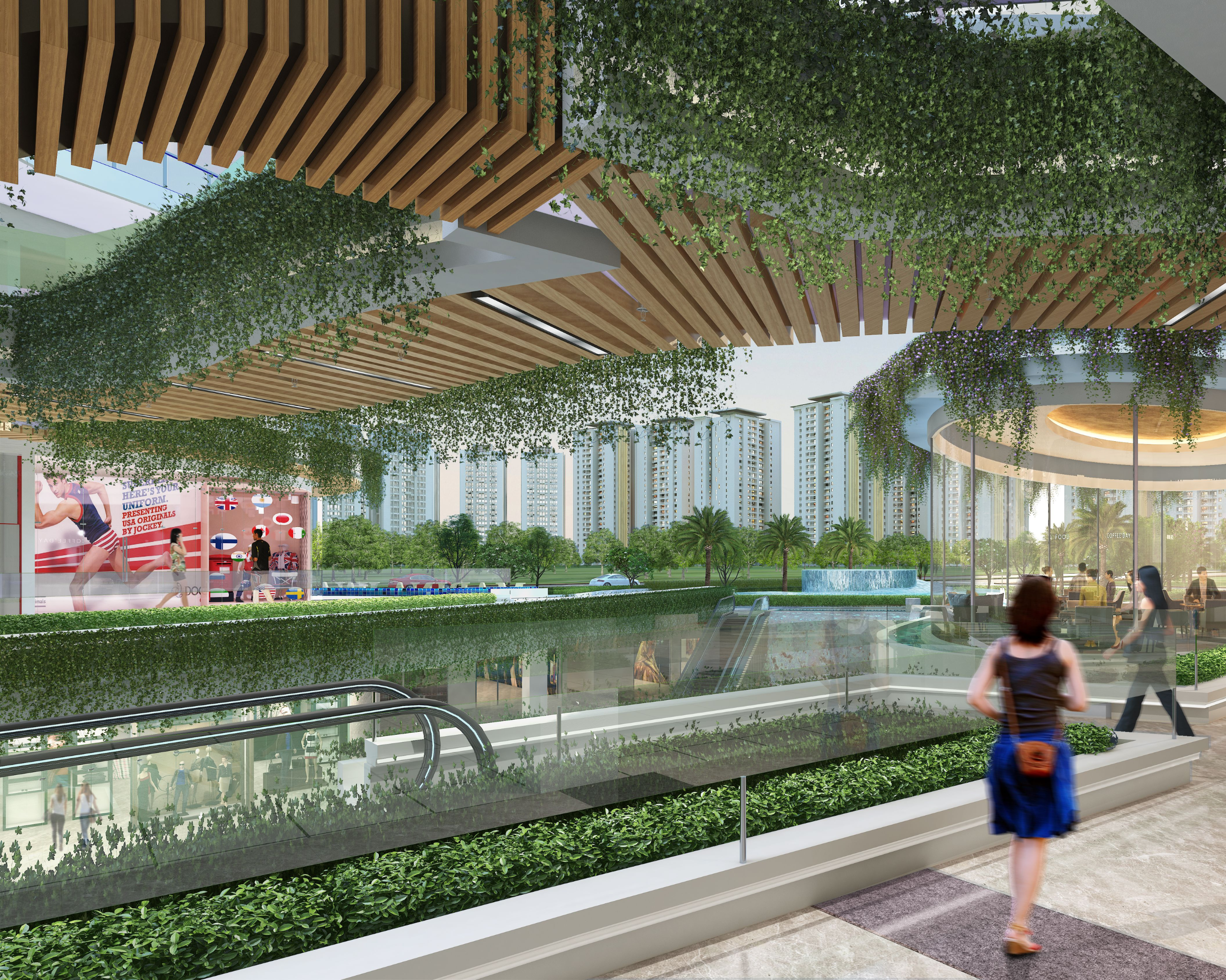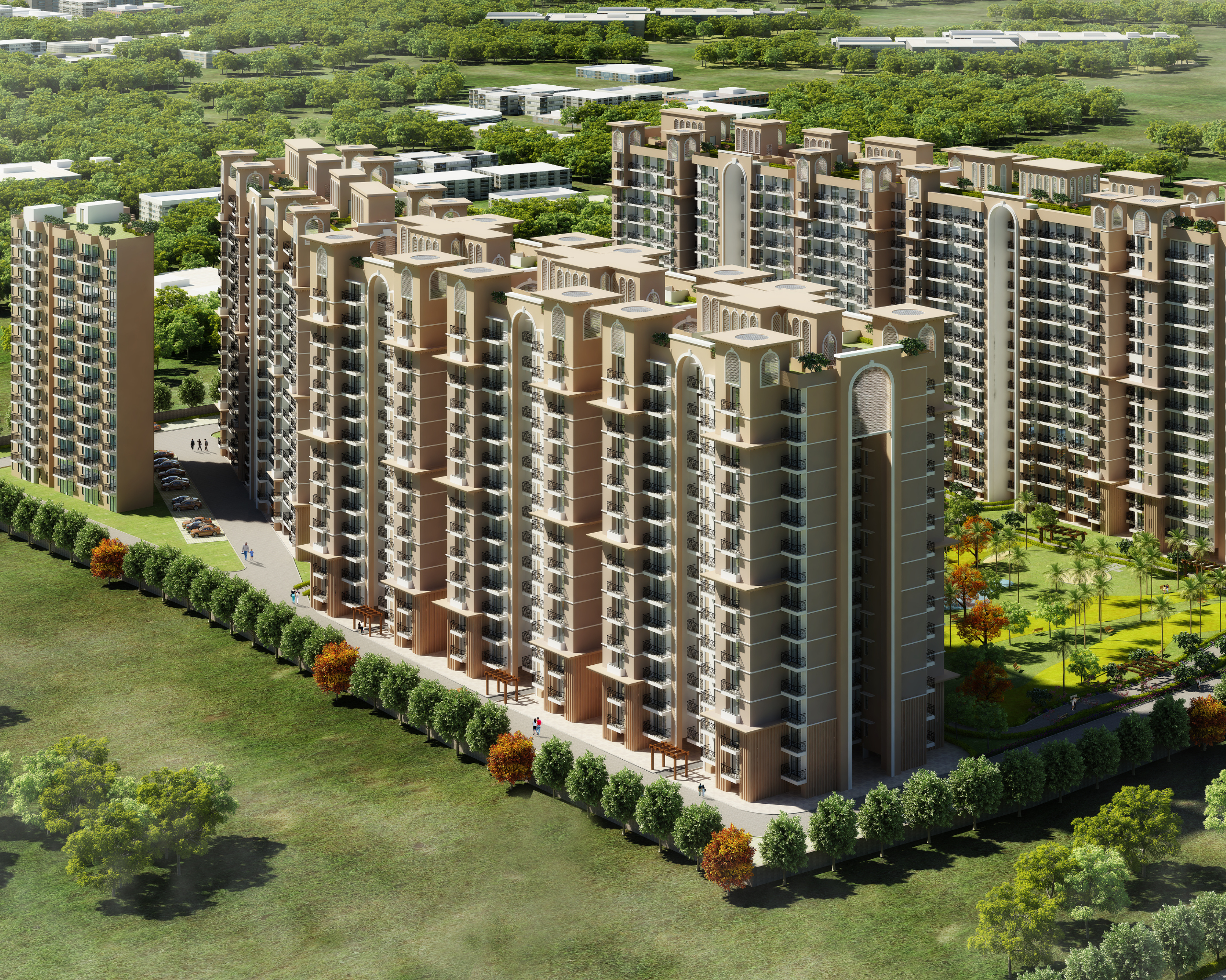Water Management for Sustainable Urban Futures: Crafting Ecologically Resilient Cities

Urban landscapes in India are rapidly expanding to accommodate a growing population. This urbanisation presents a challenge and an opportunity to rethink how we use and conserve vital resources like water. With cities driving economic growth, effective water management is essential for sustainability, quality of life, and environmental protection. It is crucial to address the current water crisis and create cities that thrive harmoniously with natural resources.
Architects play a key role in this transformation by integrating smart infrastructure, innovative technologies, and sustainable water practices into urban design. We can design resilient, resource-efficient, and future-ready cities by turning water challenges into opportunities.
Historically, rivers have been the lifelines of cities, serving as vital water sources. However, rapid urbanisation and encroachments have degraded these natural systems. Revitalising rivers and floodplains through watershed restoration, sustainable waterfronts, and stormwater catchment areas can restore their role as vital, resilient, and aesthetic design elements.
A pressing issue in urban water management is stormwater runoff. As natural land is replaced with impervious surfaces upon development, the landscape’s ability to absorb and manage rainwater diminishes. Implementing green infrastructure—such as permeable pavements, green roofs, and rain gardens—can reduce runoff, recharge groundwater, and prevent flooding. These solutions also create aesthetically pleasing, community-friendly spaces.
With water scarcity becoming increasingly common, it is also essential to prioritise conservation measures. This includes using water-efficient plumbing systems, low-flow fixtures, and landscapes that require minimal irrigation. Additionally, integrating greywater systems for non-potable uses, such as irrigation or cooling, can help reduce the demand for municipal water supplies.
Natural filtration systems, bioswales, and wetlands can be integrated into urban designs to filter stormwater, reduce pollution, and maintain clean water. Green infrastructure and safe waste disposal practices help protect water quality, ensuring healthier urban environments and sustainable water sources for the future.
Sustainable water management requires an integrated approach that addresses the entire water cycle, reducing the reliance on external sources by capturing rainwater, recycling wastewater, and ensuring efficient distribution. Rainwater harvesting and greywater reuse are critical components of resilient urban environments.
The future of our cities depends on how effectively we manage water today. By embedding sustainable water practices into urban systems—from efficient water use and conservation to enhancing water quality and managing stormwater—cities can become more resilient, adaptive, and sustainable. By rethinking our approach to water, we can create cities that thrive as resource-efficient hubs for the future.




